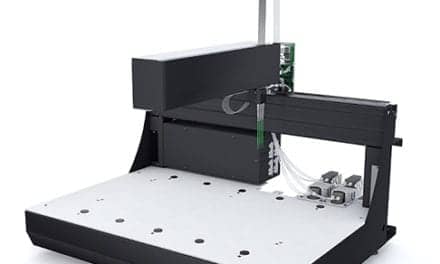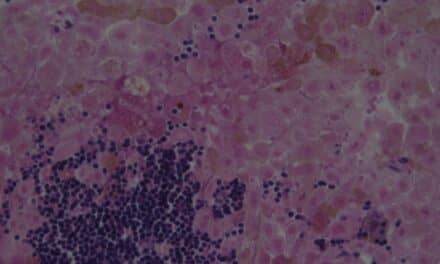Proscia, Philadelphia, has been granted a patent that discloses techniques related to using deep learning to read and process digital images of skin biopsies and output findings for use in diagnosis, decision support, and triaging.
The standard of care for diagnosing tissue biopsies depends on a pathologist’s interpretation of patterns as viewed through a microscope. This 150-year-old manual and subjective practice cannot keep pace with the growing demand for diagnostic services, especially as the population of pathologists continues to decline.
The field of dermatopathology exemplifies this trend. In the United States, only 1,000 board-certified dermatopathologists are available to read the 25 million skin biopsies taken annually. Meanwhile, the number of new cases of melanoma is expected to increase by 7.7% this year alone.
Such a mounting cancer burden, in part, has given rise to digital pathology, whereby specialized scanners transform tissue samples on glass slides into whole-slide images, which can then be analyzed by Proscia’s Concentriq software coupled with its artificial intelligence (AI) applications to drive confidence, quality, and efficiency gains.
The new US patent (no. 10,460,150) relates to techniques for using AI to classify skin specimens into at least one of three diagnostic categories: basal cell carcinoma, dermal nevus, or seborrheic keratosis. It describes techniques that involve obtaining a computer-readable image of a human cutaneous tissue sample, processing the image using deep learning to output a diagnosis including at least one of the three categories, and outputting that diagnosis into an electronic medical record system or displaying it to a human pathologist for confirmation.
The diagnostic categories considered in the patent account for the majority of dermatopathology cases. Systems as disclosed by the patent could significantly improve workflow efficiency by optimizing how dermatopathology cases are distributed across the laboratory to make the most of precious pathology resources. With appropriate development, validation, and regulatory approval, a covered system could also increase diagnostic accuracy to improve patient outcomes.
In June 2019, Proscia released DermAI, an AI application on its Concentriq platform, which employs techniques covered by the new patent to deliver capabilities including intelligent workload balancing and case prioritization as well as automated quality assurance and 100% AI rereview.
For more information, visit Proscia.





